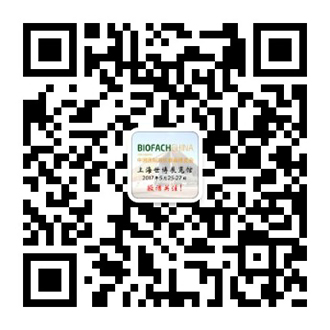News of Organic Industry
What is the situation for organically produced wines in France and Germany? A study recently published by the French market research institute Ipsos provides information on the image of German and French organic wines.
Organic winegrowing in France is currently marked by rapid growth. The area of organic vines in our neighbouring country grew from 39,000 to more than 50,000 hectares in 2010. This means 6% of French vines are already cultivated to organic standards. Despite the growing demand, the French organic winegrowers are concerned about the future of the market. For this purpose they commissioned a study on their two most important markets, the domestic market and their largest export market, namely Germany.
The image has always been the sensitive factor in the development and success of organic wine. The Ipsos study therefore deals with the perception and image of organic wine (“La perception et l’image du vin bio”). More than 1,000 persons aged between 18 and 64 years were interviewed as a representative sample in each country – France and Germany – in September 2011.
The result, namely that the degree of awareness of organic wine is distinctly higher in France than in Germany, was initially surprising. Five out of six of the French sample have already heard of its existence and a good half of them know exactly what organic wine is. The latter is only the case among 24% of the Germans and another 39% at least know the term organic wine. On the other hand, it is astonishing that more than 60% of those questioned in both countries said they had never tried organic wine. The result of the country comparison is even reversed when it comes to buying organic wine: 22% of the Germans said they bought organic wine occasionally or regularly, compared with only 17% in France. As in earlier studies, this study also shows that organic wine has a firm core of intensive buyers. Organic wines are often not clearly marked as such, so that many a bottle of organic wine is bought and drunk without the consumer being aware that it is organic.
In terms of shopping outlets for organic wine, the conventional supermarket is only just ahead in both countries – in France with 48%, in Germany with 41%. This is followed by the organic trade in Germany with 34%, whereas buying direct from producers holds second place in France with 37%. This phenomenon not only applies to organic wine in France. Wine consumption in France (approx. 50litres per head per year) is about twice as high as in Germany (approx. 24 litres per head per year). It is particularly the number of intensive wine consumers on the other side of the Rhine who prefer to buy direct from the winegrower, either from the vineyard or by mail order.
The information provided by those questioned concerning their spending on organic wine must be interpreted with caution. The Germans think they spend an average of €9.60 on a bottle of organic wine, the French €10.90. On the other hand, Stefan Thel, responsible for wholesale trade support at Peter Riegel’s, the German leader in this sector, notes: “It’s different in reality. The shop prices of our three best-selling wines are between €3.50 and €6.”
The reasons stated for buying organic wine give good cause for thought. 48% of the sample in Germany said environmental protection and only 33% mentioned the good taste. The environmental theme dominates even more strongly in France. This suggests that the organic theme plays a major role in deciding to buy for many organic wine consumers. The future prospects for organic wine will depend heavily on whether those consumers who regard enjoyment as important can be won over as a new group of customers for organic wine.
2011-12-07 Wolfram Römmelt
Tags: organic , wine









